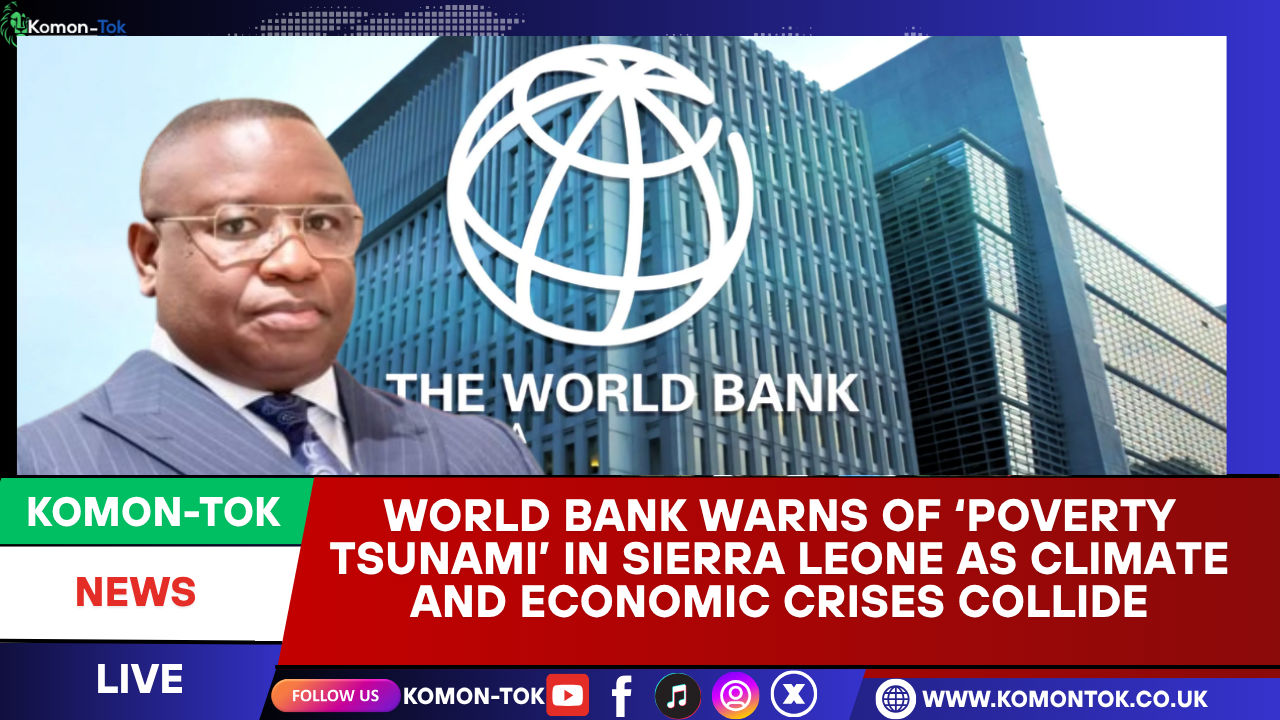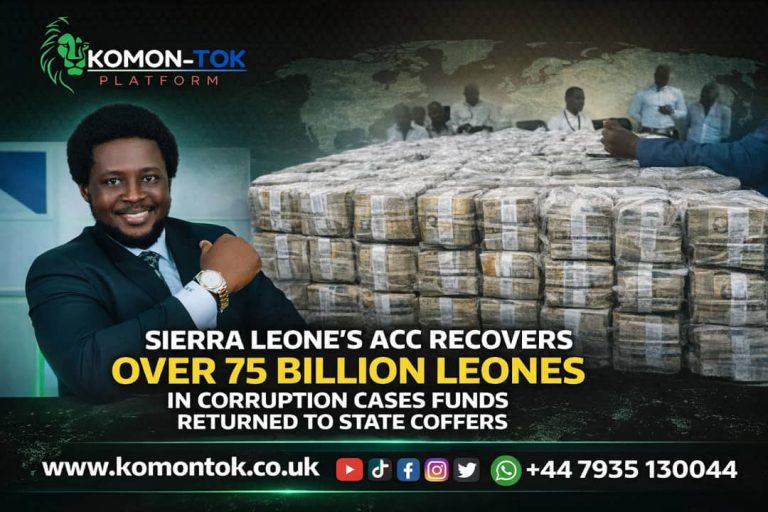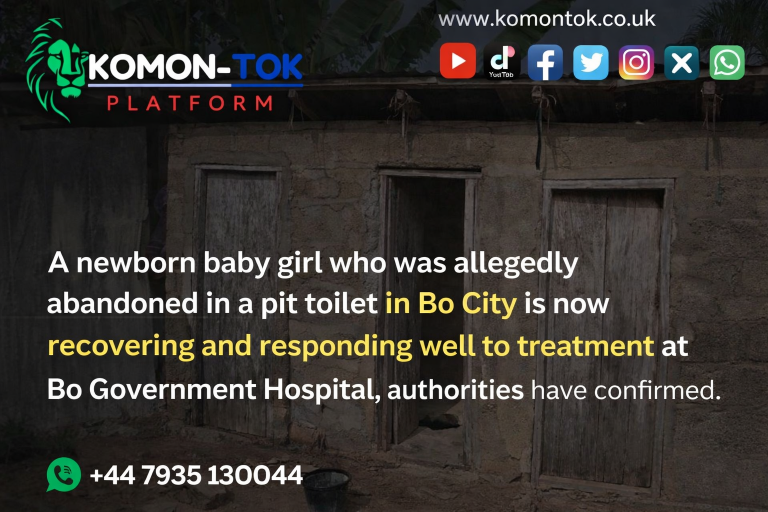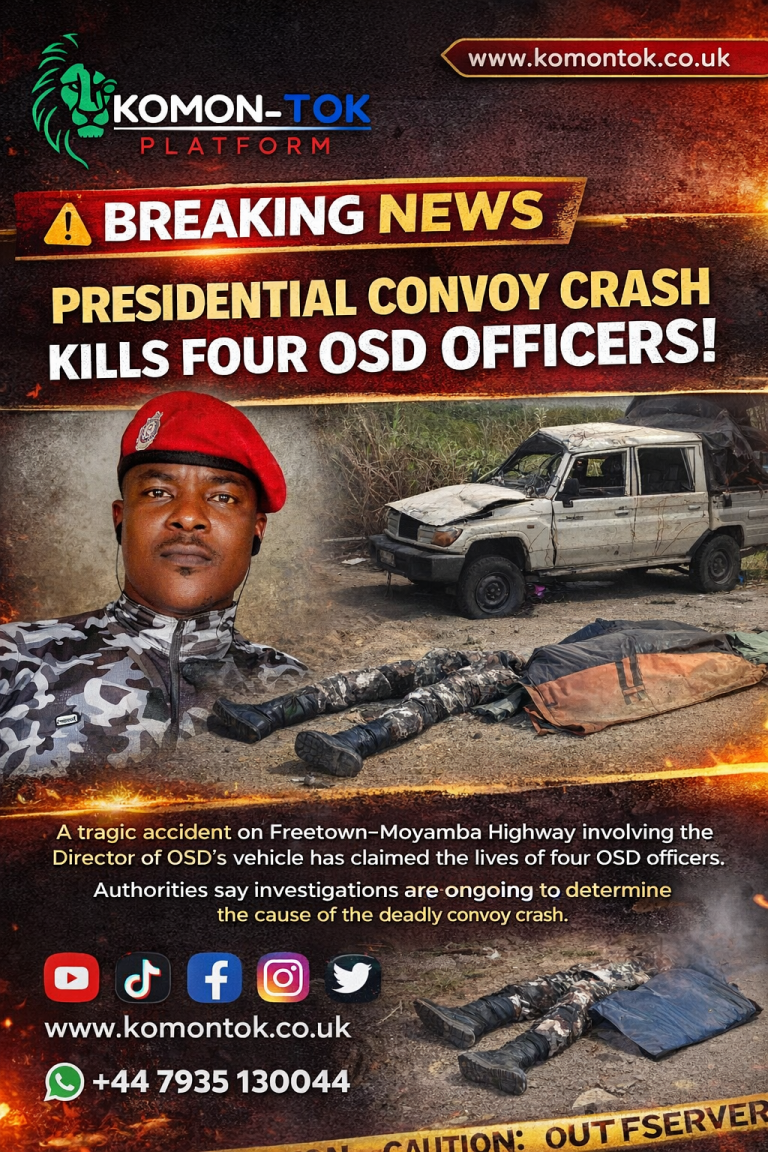
WORLD BANK PREDICTS POVERTY TSUNAMI IN SIERRA LEONE
Economic Monsters Loom Large
The World Bank’s latest report, released to approximately 600,000 viewers, paints a grim picture of Sierra Leone—a nation grappling with the aftermath of the pandemic, climate shocks, and persistent economic fragility. Titled Country Development Report (CODE), the study warns of a “poverty tsunami” unless urgent action is taken.
The report highlights how climate-related disruptions—erratic rainfall, rising temperatures, and deforestation—are exacerbating development challenges. These factors threaten to reverse progress, pushing hundreds of thousands into deeper deprivation.
“Sierra Leone stands at a pivotal point in its development journey,” the report states. “Without bold and adaptive strategies, the compounding risks of climate change and economic shocks will deepen poverty and widen inequality.”
Paradox of Potential: A Nation in Crisis
Despite its vast natural resources and rich cultural heritage, Sierra Leone remains one of the world’s poorest nations. While committed to global frameworks like the UN’s Sustainable Development Goals (particularly Goals 1-5), the country struggles to translate policy into broad-based economic growth.
Since the end of its civil war in 2002, Sierra Leone has made strides in peacebuilding and institutional reform. Yet its economy, still heavily agrarian, faces declining agricultural productivity due to climate change. Sectors like mining and services have filled gaps but expose the economy to volatility and limited job creation.
Agriculture Under Siege
The World Bank identifies agriculture—the livelihood for most Sierra Leoneans—as critically vulnerable to climate change. Key challenges include:
- Changing Rainfall Patterns & Soil Degradation: Unpredictable weather cycles and floods slash crop yields, threatening food security.
- Limited Climate Adaptation: A tight national budget restricts investment in resilience strategies.
- Market Access Barriers: Farmers struggle to reach large markets, stifling growth.
- Scarce Climate Financing: The country lacks access to international funds for green infrastructure.
Call to Action
The report urges coordinated domestic and international intervention, emphasizing:
- Climate-smart agriculture programs to boost productivity.
- Early-warning systems and climate-resilient infrastructure.
- Alignment of national development plans with global climate priorities.
The Road Ahead
The World Bank’s findings underscore a stark reality: without urgent action, Sierra Leone risks entrenching a vicious cycle of poverty. Bold, innovative policies—backed by international support—are needed to secure a sustainable future.
“The cost of inaction will be catastrophic—for the people, the economy, and the planet.”






